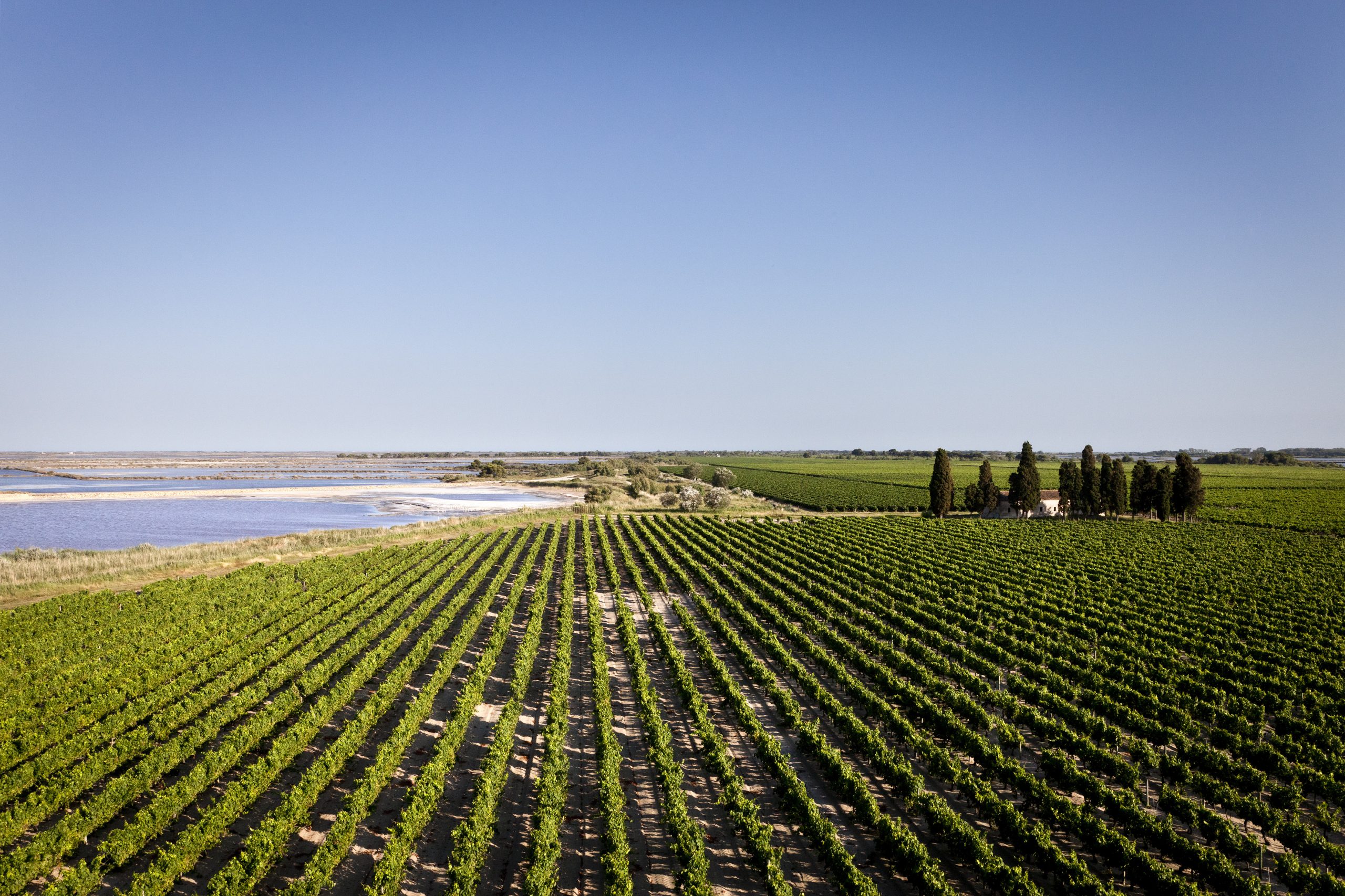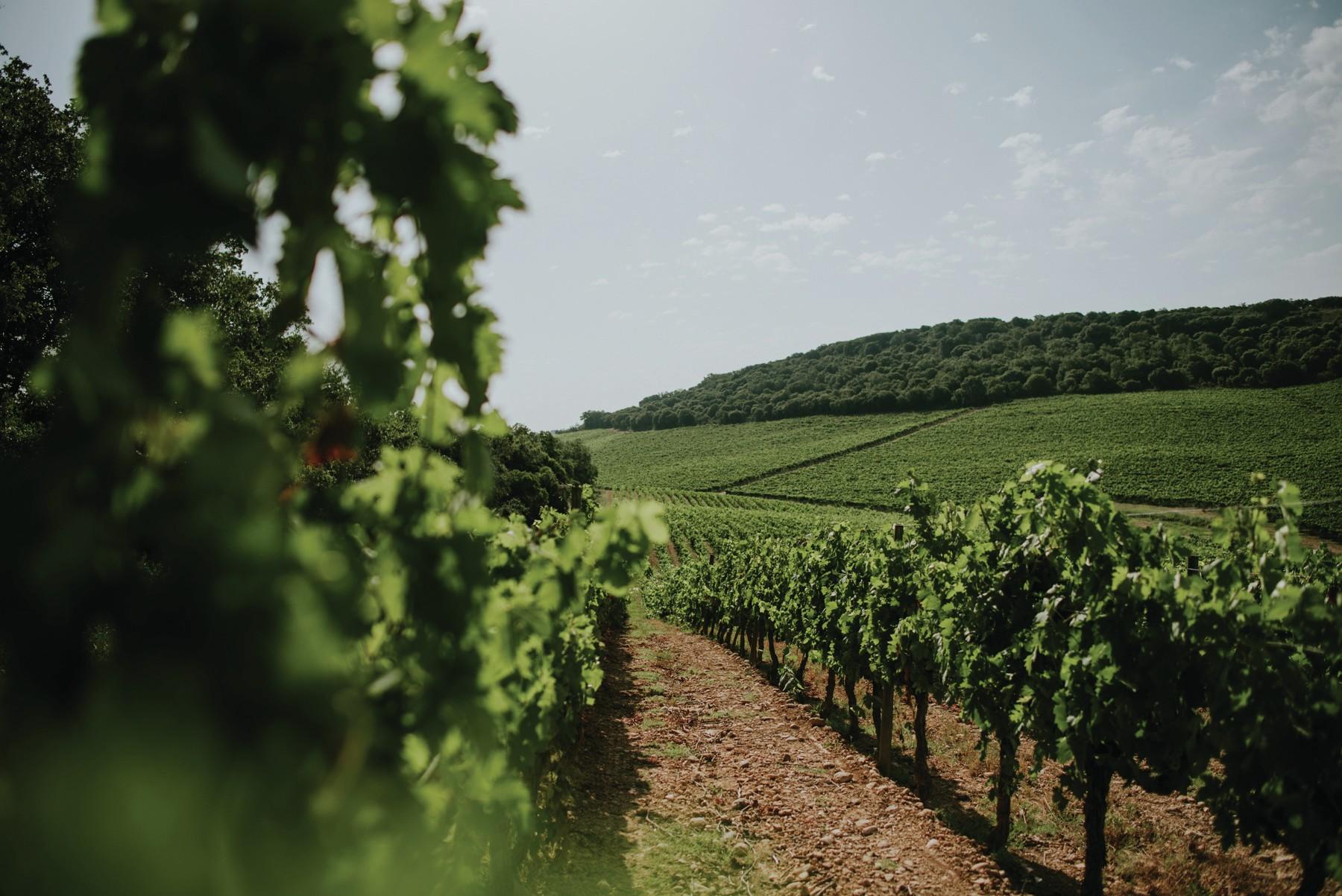China invades Bordeaux
Are recent purchases of Bordeaux châteaux by Chinese firms a harbinger of future global wine ownership, asks Alan Lodge.
The January purchase of Château Latour-Leguens in Entre-Deux-Mers by a Chinese trading company might have passed under the radar of many observers of the wine industry, but over time the deal has taken on ever-growing significance: it marked the first Chinese purchase in Bordeaux and now investors from the East are continuing to infiltrate the global wine map.
Bordeaux has seen a raft of Chinese investment, with the region gaining popularity with investors from the East due to its connotations with top-end luxury and expensive investments.
Indeed, at the time of the Château Latour-Leguens deal, Daniel Carmagnat, of property agency A2Z, which handled the transaction, admitted: “The attraction wasn’t the appellation itself, but a foothold in one of the most prestigious wine regions in the world.â€
Subsequent deals saw Chinese luxury goods company Hong Kong A&A International buy a controlling interest in one of Bordeaux’s oldest estates, Château Richelieu, while a billionaire Chinese investor bought the Château Chenu Lafitte estate in Côtes de Bourg as a gift for his son in November last year.
Lately Philippe Raoux, owner of Château d’Arsac in Margaux, became the latest Bordeaux winemaker to sell property to a Chinese buyer when he sold his 20-hectare Lalande-de-Pomerol estate Château Viaud to Cofco – owner of the Great Wall wine brand and a company owned 100% by the Chinese government.
The motivations behind these purchases are widely debated, yet ultimately unknown. Many have suggested that, particularly with the Château Latour-Leguens and Château Chenu Lafitte deals, the buyers were mainly attracted by the names, which bear close resemblances to prestigious first growth properties.
This accusation is refuted by Philippe Darricarrère of Château Mille Secousses, who sold the Chenu Lafitte name, along with the vineyards and château to the investors, though he does admit the connotations may have had a slight subconscious influence.
“I believe it was the location of the estate, next to the Dordogne river, and its wonderful old park and building, that first attracted them,†he said, “and I know they are hoping to develop wine tourism on the estate. But of course this is also a wonderful brand name.â€
Of course, Bordeaux is not the only target for Chinese investors – Cofco last year bought the Bisquerrt Vineyard in Chile for US$18m (£10.9m) – but the majority of activity is focused on the famous French region.
Historically, when investors from outside the Bordelais have invested in the region’s vineyards and châteaux, they have respected the established route-to-market system whereby merchants dictated access and distribution, and sat back to allow their newly acquired estates to continue trading through the négociants.
Supply chain management
The Chinese, however, make little secret that they wish to gain more control and shorten the supply chain from grape to glass.
Following all the Chinese purchases in Bordeaux, distribution operations switched to their homeland. Indeed, all 150,000 bottles produced this year at Château Laulan Ducos – the latest winery to be snapped up by the Chinese in the form of jewellery magnate Richard Shen – will be sent to China having previously been distributed in close to 40 countries.
Partner Content
Of course, shortening the supply chain is not the only motivation for Chinese investors whose domestic market is often infiltrated with forged wines.
Chi Jingtao, vice chairman of Cofco, admitted upon purchasing the Lalande-de-Pomerol estate: “We have a strategy for constructing a complete chain from production to consumption to guard against forgeries and to reassure our clients.
“Being involved from the vineyard upwards in Bordeaux helps to strengthen this commitment.â€
The “Chinese invasion†is generally welcomed in Bordeaux, which has previously seen mass influxes of English, Dutch, Irish and then Japanese investment. Chinese wine buyers are seen as saviours of the region – last year China overtook both Germany and the UK to become Bordeaux’s biggest customer, with exports growing by 67%. Bernard Farges, president of the Conseil Interprofessionnel du Vin de Bordeaux (CIVB), the body representing its wine growers and buyers, said Chinese investors buying vineyards would boost exports further.
“These are businessmen who believe in their investment, who are opening doors to a new market and ploughing money into properties to make great wine,†he said.
However, their stated intention to bypass the established network of brokers and merchants has surprised some.
Wine merchant Francis Anson, who is based in Bordeaux, said: “There are loads of examples of foreigners coming to Bordeaux and investing in châteaux and export businesses, but they’ve almost always adopted the Bordeaux model of exporting to multiple markets. Very few take the entire production for their home market.â€
This will not be the end of the wave of Chinese investment into Bordeaux, and should those that have already made the leap reap their desired rewards through controlling their supply chain and diverting all the wines to China, others will soon follow suit.
Quite what the long-term ramifications for Bordeaux would be are not yet known, though there is speculation that they will seek to alter the profile of the wines to be more suited to the typical Chinese palate.
Stephane Toutoundji, a consultant with two Chinese-owned châteaux, said: “The Chinese prefer smooth wines without too much tannin and not too much oak, and they hate bitterness. They want charm, elegance and balance.â€
Will the traditionalists stand for such tampering? Or will the power of wealth prove too attractive for many of the Bordelais to resist? And is the rest of the world destined to lose out in the long-run as more and more Bordeaux wine becomes the sole preserve of the Chinese market? The next couple of years will tell us much about the direction this Chinese invasion is taking the industry.
Alan Lodge, from the June 2011 edition of the drinks business




